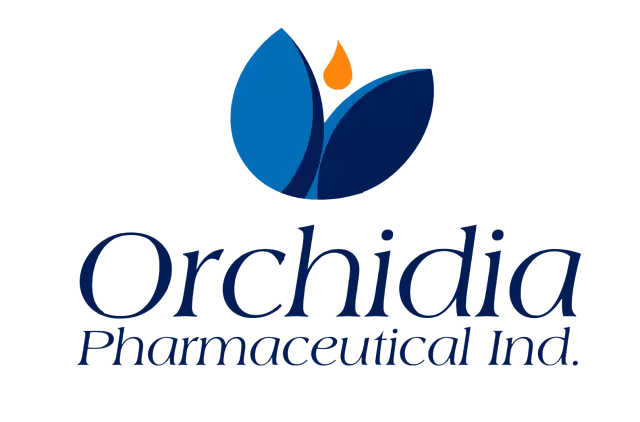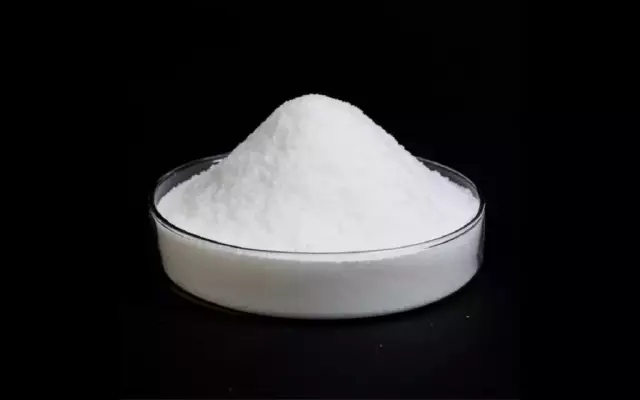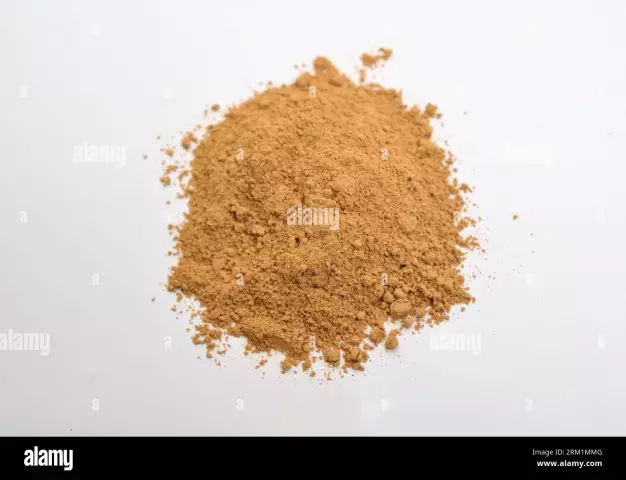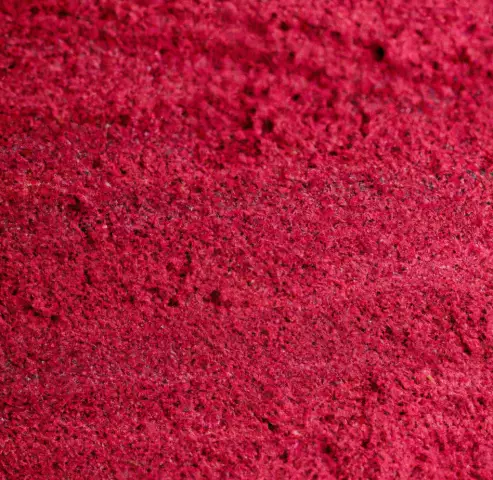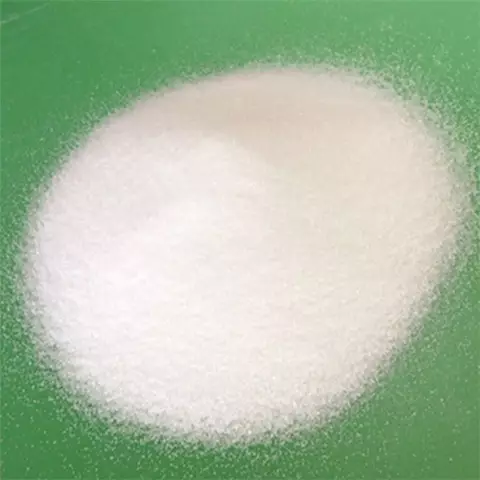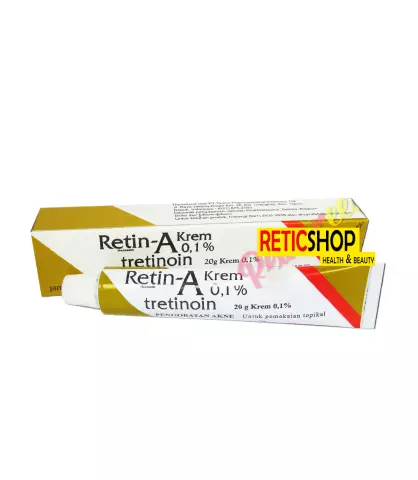- Author Rachel Wainwright wainwright@abchealthonline.com.
- Public 2023-12-15 07:39.
- Last modified 2025-11-02 20:14.
Polyvinylpyrrolidone

Polyvinylpyrrolidone is a water-soluble polymer made from N-vinylpyrrolidone monomer, also known as polyvidone or povidone.
Polyvinylpyrrolidone was first synthesized by Walter Reppe, and its patent was registered in 1939 as one of the most interesting acetylene derivatives in chemistry. Polyvinylpyrrolidone was originally used as a substitute for blood plasma, and then found application in a wide variety of branches of medicine, pharmacy, cosmetology and industrial production.
Properties of polyvinylpyrrolidone
Polyvinylpyrrolidone is soluble in water and other polar solvents. In dry form, polyvinylpyrrolidone has the form of a white or light yellow layered hygroscopic powder, which easily absorbs up to 40% of its weight in atmospheric water.
The molecular formula of polyvinylpyrrolidone is C6H9NO, molar mass - 2.500 - 2.500.000 grams / mol, density - 1.2 g / cm³, melting point - 150-180 ° C.
The use of polyvinylpyrrolidone
In medicine, polyvinylpyrrolidone has been used as a plasma substitute after 1950. Now it is used as a binder in many pharmaceutical tablets, it dissolves easily in water and alcohol, and also, due to the formation of water-soluble complexes, improves the solubility and bioavailability of drugs (chemotherapeutic agents, analgesics and antibiotics).
Polyvinylpyrrolidone with the addition of iodine forms a complex called povidone-iodine, which has disinfecting properties. This complex is used in a variety of medicines and hygiene products such as solutions, ointments, vaginal suppositories, liquid soaps, and surgical scrubs.
Polyvinylpyrrolidone is also widely used as:
- Adhesives in glue sticks and hot melt adhesives;
- Special additive for batteries, ceramics, fiberglass, ink and inkjet papers;
- Emulsifier and leavening agent for solution polymerization;
- Enlarger of resolution in photoresists of cathode-ray tubes;
- An element for the manufacture of membranes such as dialysis and filters for water purification;
- A binding agent and complexing agent in the agro-industry such as crop protection, seed treatment and coating;
- A thickener in teeth whitening gels;
- An auxiliary agent for increasing the solubility of drugs in liquid and semi-liquid dosage forms (syrups, soft gelatin capsules) and as a recrystallization inhibitor.

Polyvinylpyrrolidone is also used in contact lens solutions and personal care products such as shampoos, shower gels, hair conditioners, body scrubs, toothpastes, hair sprays, and hair gels.
In the food industry, the stabilizing properties of polyvinylpyrrolidone make it possible to use it as a food additive E1201, which is a glazing agent, sweetener, baking powder and acidity regulator.
The adsorbing properties of polyvinylpyrrolidone allow it to be used as part of means for detoxifying the body.
Polyvinylpyrrolidone is used for processing wine materials and can be used to thicken drinks, clarify white wine and some beers.
In molecular biology, polyvinylpyrrolidone is used as a blocking agent in Southern blot analysis, as a component of Denhardt's solution.
The harm of polyvinylpyrrolidone
As a rule, polyvinylpyrrolidone is considered safe and does not cause serious side effects, however, cases of allergic reactions to polyvinylpyrrolidone have been recorded, especially with respect to its subcutaneous use and situations where polyvinylpyrrolidone comes into contact with autologous serum and mucous membranes.
Found a mistake in the text? Select it and press Ctrl + Enter.

